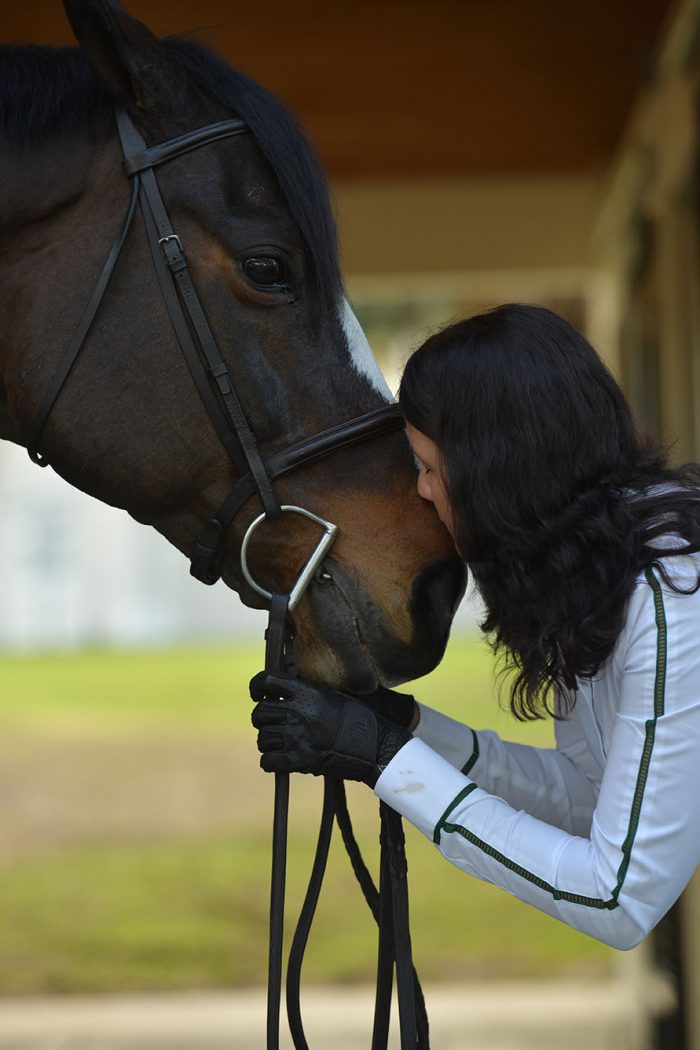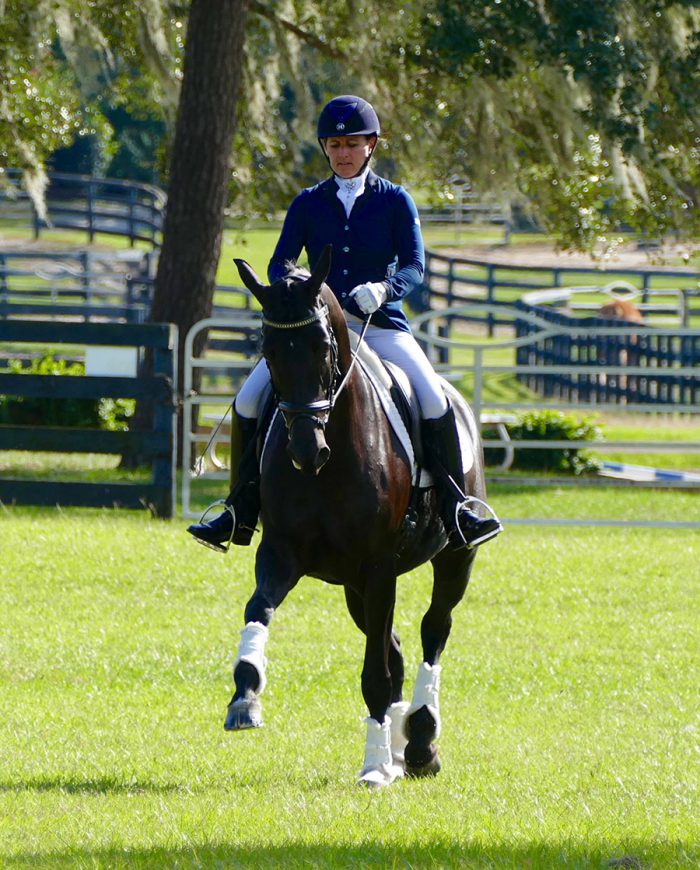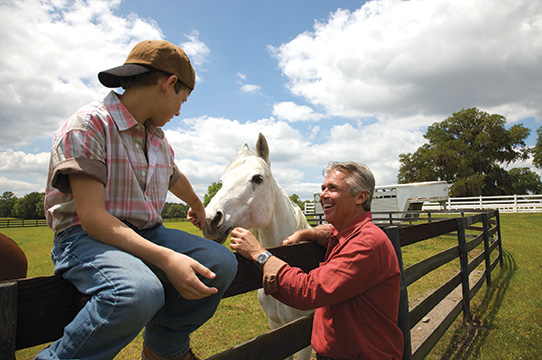Horseback Riding with a Temperamental Horse
Controlling a Horse’s Temper
If there’s one language we speak at Golden Ocala Golf & Equestrian Club, it’s that of a horse. So, we know they may be temperamental, but there is likely a good reason for that. Like any domesticated animal, horses usually have an attitude that reflects their conditions and care. They also have personalities and opinions, just like dogs. And while mares tend to be more temperamental than geldings, their temperament all depends on how well they get along with a rider or caregiver.
To ensure a positive relationship with said horse, you must educate yourself on horse care, as well as rely on someone who recognizes how the horse is feeling. Any reward the creature receives for good behavior should be utilized to reinforce a positive attitude toward their rider or caregiver.
Assessing the Situation

It is highly unlikely a horse that has been ridden for at least a couple of years will simply explode, going from playing nice to bucking you right off. There is typically a lot of warning. Experienced riders can often cure an unhappy horse by using their body to cue the creature to a different focus. Unfortunately, for inexperienced riders, subtle cues may not be picked up for days or even months, leading to dangerous behavior and potentially resulting in the injury of the rider and/or the horse.
To prevent harm, the first thing you must do is step back and assess the situation. Have you done all you can as far as the right feed program, turnout, saddle fit, etc. If so, you may resort to hormones to balance the horse out. Magnesium, for example, can function as a calming mineral for the entire nervous system, without acting as a sedative.
Seeking Guidance

This being said, an inexperienced rider should remain under the guidance of an experienced equestrian until they feel the horse’s subtle cues. If inexperienced riders are reaching out in regards to an existing problem, chances are, they waited too long. Regardless, Golden Ocala is there to get you back on track.
One of the primary items on our agenda is that your life and well-being come ahead of a dangerous horse. Horses that become dangerous have been made that way by their handlers. They learn by repetition, so bad behaviors simply cannot be tolerated, and firmness and consistency are vital. Therefore, never label a horse as “bad.” Instead, judge the handler, proceed accordingly and for tips and proper techniques, call Golden Ocala’s Alaina Oleson at (650) 773-1812.